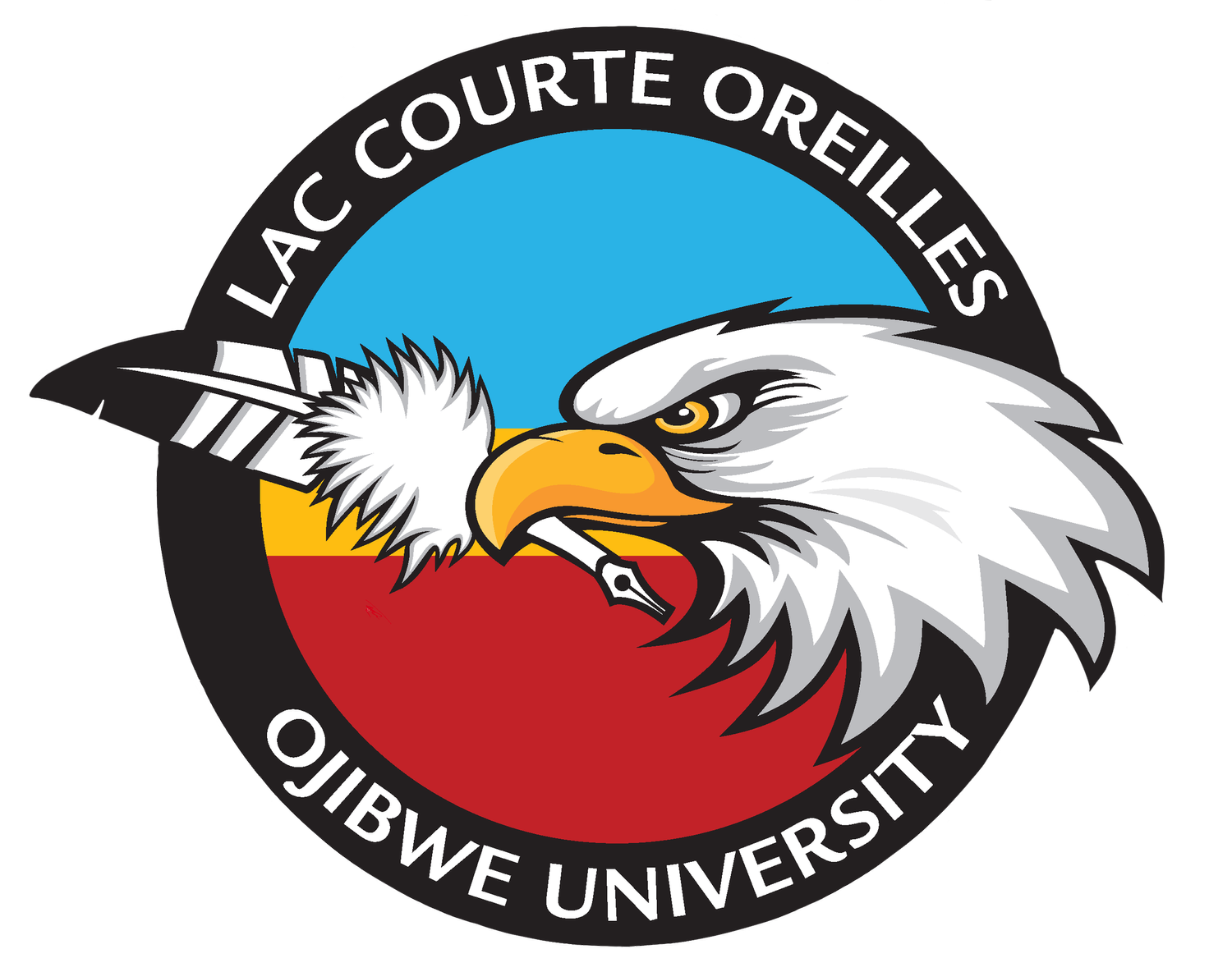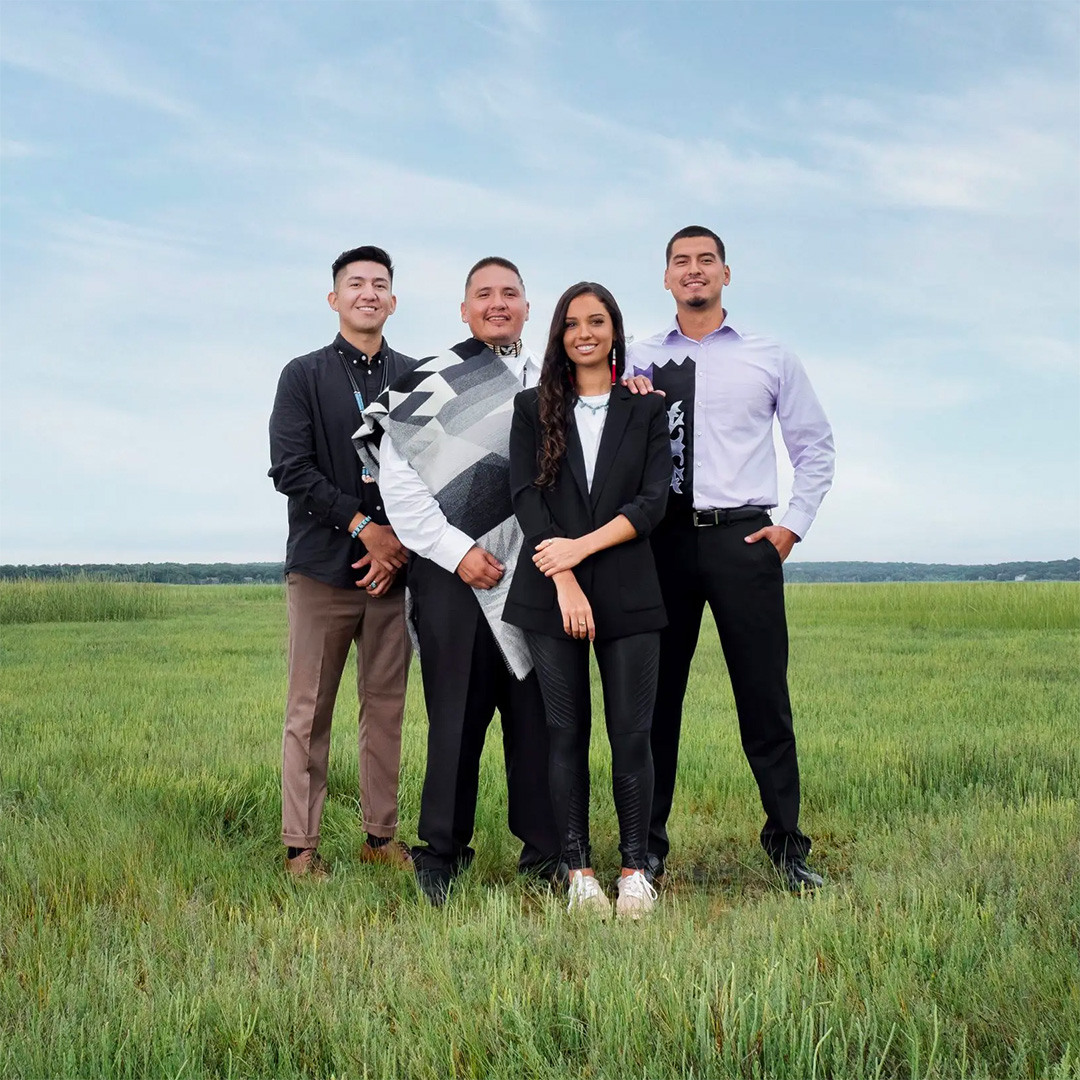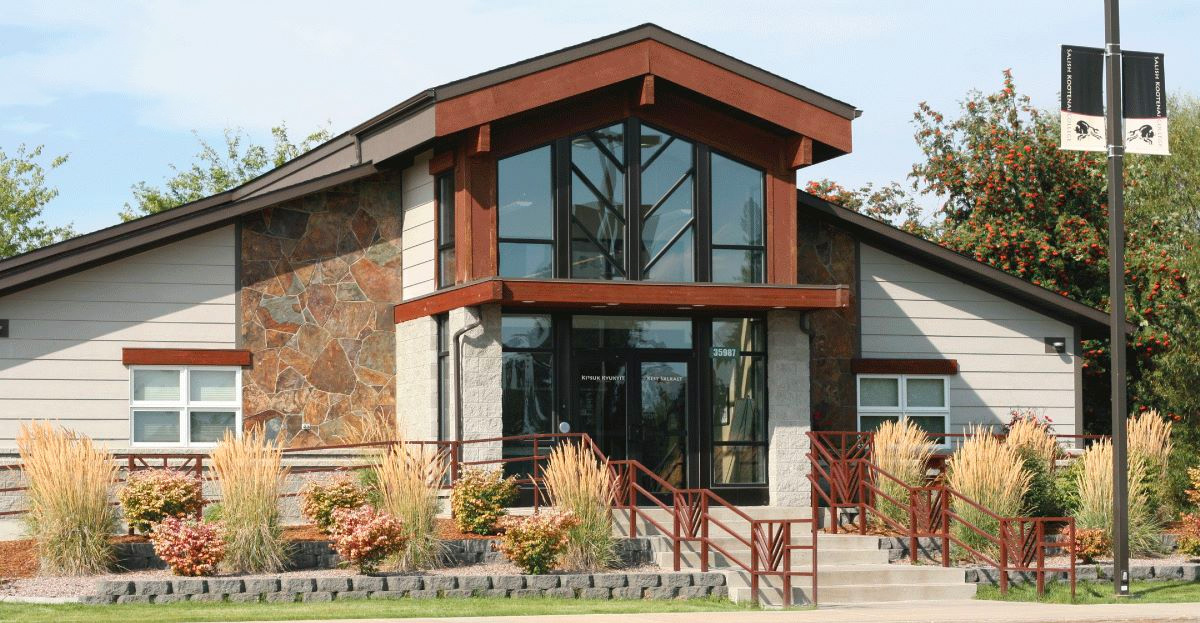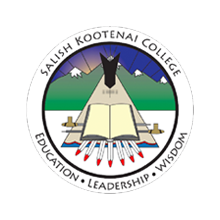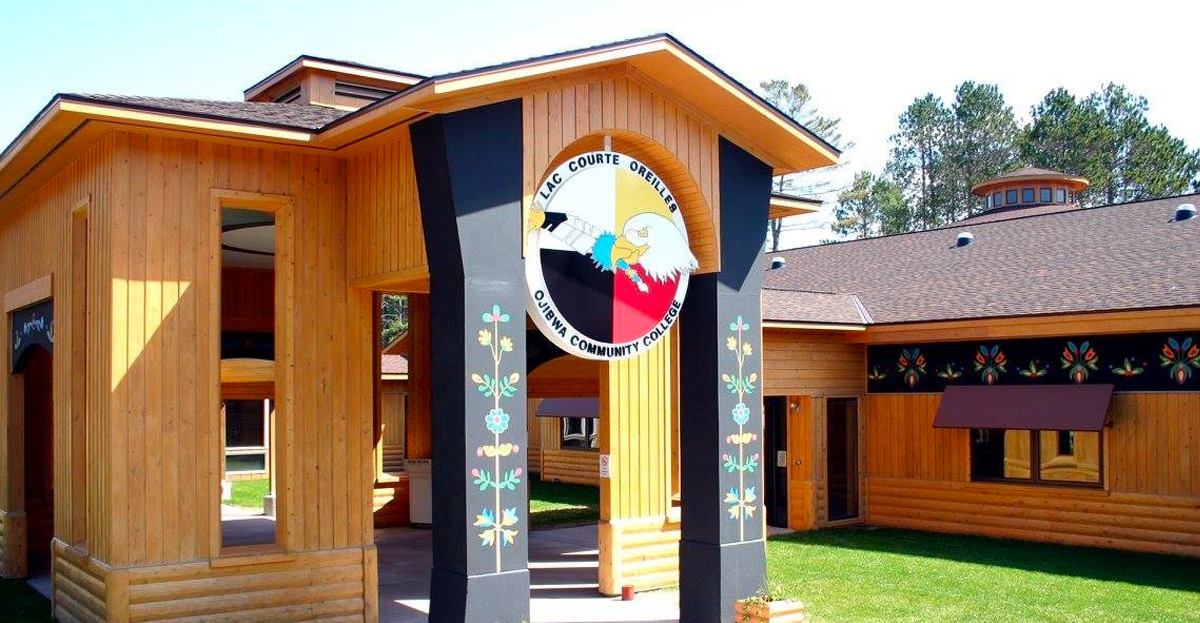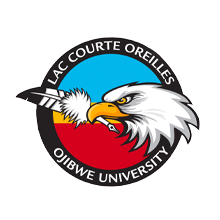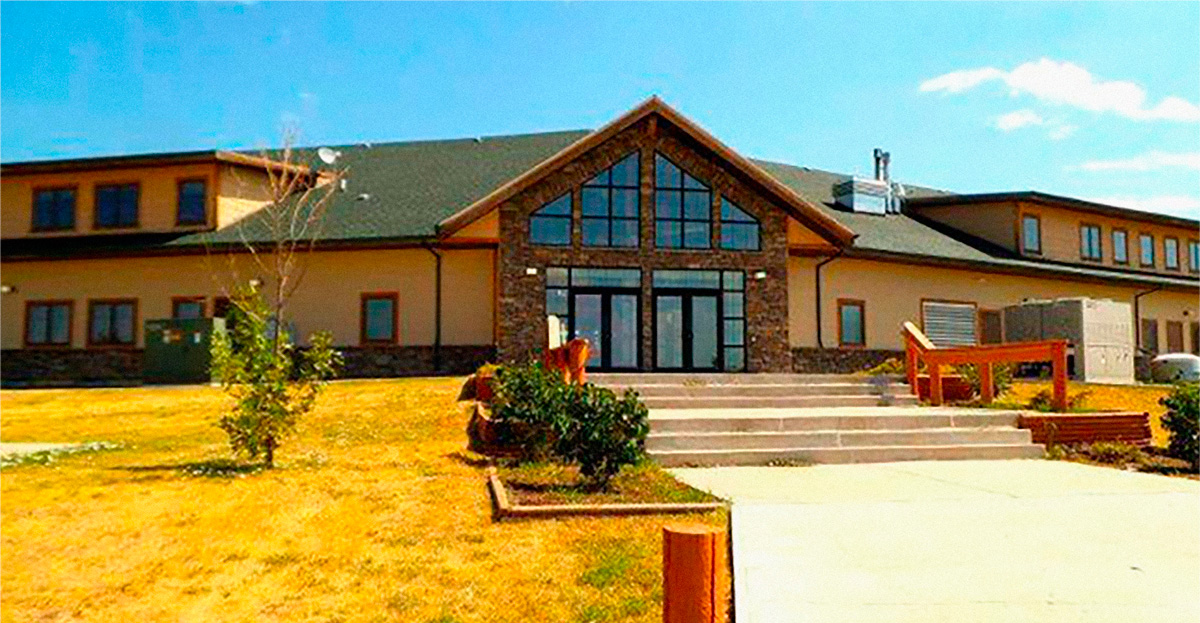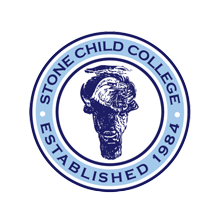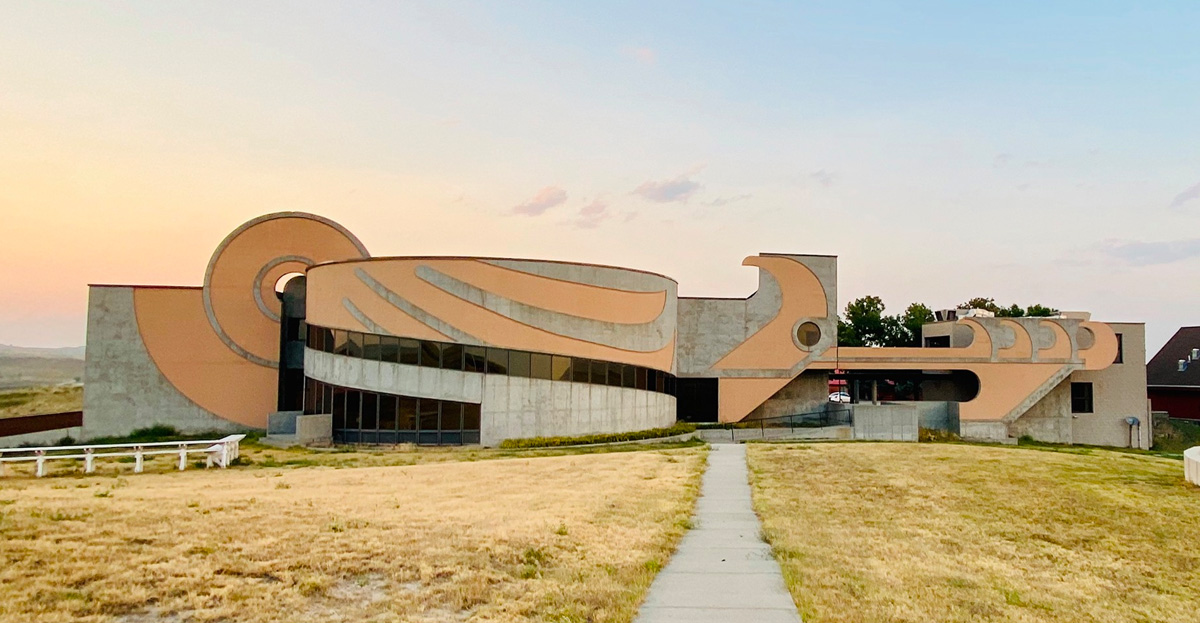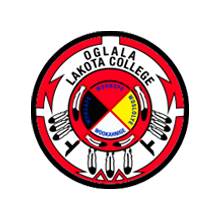Cultivating Native Student Success
Cultivating Native Student Success provides tribal colleges and universities the opportunity to examine their current enrollment management approaches and design long-term strategies that include holistic, place-based, and collaborative student supports to promote transformative and systemic change that impacts Native student success.
Supporting the Native Student Journey builds upon and enhances tribal colleges and universities’ enrollment practices and strategies to increase Native student enrollment, retention, persistence, and completion rates that reflect community and cultural values and definitions of student success.
FEATURED NEWS
Aaniiih Nakoda College is featured in the November 2025 issue of AACRAO Connect. The article, written by ANC staff, provides insights into their Cultivating Native Student Success work related to their institution’s mission and enrollment data.
TCU Capacity for Student Success Conference
June 23rd – June 25th, 2026
The American Indian College Fund and AIHEC are excited to host an opportunity to learn, network, and advance TCU Native Student Success.
Native higher education experts, organization partners, and TCU staff will come together to engage in discussions, workshops and breakout sessions about the Native student journey, strategic enrollment management, data storytelling, and the constantly evolving landscape of higher education.
Strategic Enrollment Management
Strategic enrollment management is a concept and process that enables the fulfillment of institutional mission and students’ educational goals. Through strategic enrollment management we center the student experience to learn ways to care for our students and create a culturally and community-informed approach to student participation.
Recent Events
Site Visits
October 27-29
College of Menominee Nation – Autumn White Eyes
October 29-31
Salish Kootenai College – Jonathan Breaker
November 3-4
Sinte Gleska University – Autumn White Eyes
Webinars
1st Thursday of Every Month 2:00 PM – 3:00 PM MT
Dual Enrollment – Delphina Thomas
October 17 12:00 PM – 1:00 PM MT
First Year Experience & Mentorship – Autumn White Eyes
October 21 10:00 AM – 11:00 AM CST
TCU Career Consortium – Veronica Hirsch
October 31 11:00 AM – 12:00 PM MT
Enrollment Managers, Registrars, & Admissions – Jonathan Breaker
Conferences / Presentations
November 9. 9:00 AM – 12:00 PM
AACRAO – Pre-Conference Workshop: SEM at Tribal Colleges and Universities
November 9. 1:30 PM – 4:30 PM
AACRAO – Pre-Conference Workshop: TCU and HBCU Peer Learning Exchange
Family-Friendly Tribal and Rural Campuses Project
The American Indian College Fund, the Urban Institute, PERG Learning, and TCU partners—Lac Courte Oreilles Ojibwe University, Salish Kootenai College, and Turtle Mountain College—have collaborated for the Family-Friendly Tribal and Rural Campuses project, with support from Ascendium Education Group.
The Family-Friendly Tribal and Rural Campuses project is a knowledge exchange: Urban and PERG provide the Family-Friendly Campus Toolkit for TCU partners to implement as part of the College Fund’s Cultivating Native Student Success (CNSS) strategic enrollment management initiative. The TCUs are providing feedback to make the toolkit more relevant for tribal and rural campuses. The College Fund and the Urban Institute, in turn, will inform the higher education field about the promising practices TCUs have implemented.
TCU partners refined and administered a Fall 2024 survey for student caregivers and hosted site visits in which staff, administrators, and student caregivers shared their experiences and insights.
The Family-Friendly Tribal and Rural Campuses project is affiliated with the Student-Parent Action through Research Knowledge (SPARK) Collaborative, a national effort to advance evidence and policy change that support parenting students and their families.
We invite you to hear more about the project in the videos below featuring Amie, Vice President of Academic Affairs at Salish Kootenai College; Cynthia, Director of Enrollment Services at Turtle Mountain College; Kathie, Director of TRIO Student Support Services at Salish Kootenai College; and Lorraine, Tribal Governing Board Member (former Retention Director) at Lac Courte Oreilles Ojibwe University.
Amie
Vice President of Academic Affairs
Salish Kootenai College
Cynthia
Director of Enrollment Services
Turtle Mountain College
Kathie
Director or TRIO Student Support Services
Salish Kootenai College
Lorraine
Tribal Governing Board Member (former Retention Director)
Lac Courte Oreilles Ojibwe University
Student Parent Action through Research Knowledge
The SPARK (Student Parent Action through Research Knowledge) Collaborative webinar recording about the Student Success Services Family-Friendly Rural and Tribal Campuses initiative with the Urban Institute, PERG Learning, Salish Kootenai College, Turtle Mountain College, and Lac Courte Oreilles Ojibwe University is now available! This engaging webinar provides insights into how these three TCUs are leading the way in supporting student caregivers and strengthening campus communities.
Featured SEM Plans

Stone Child
College

Lac Courte Oreilles Ojibwe University
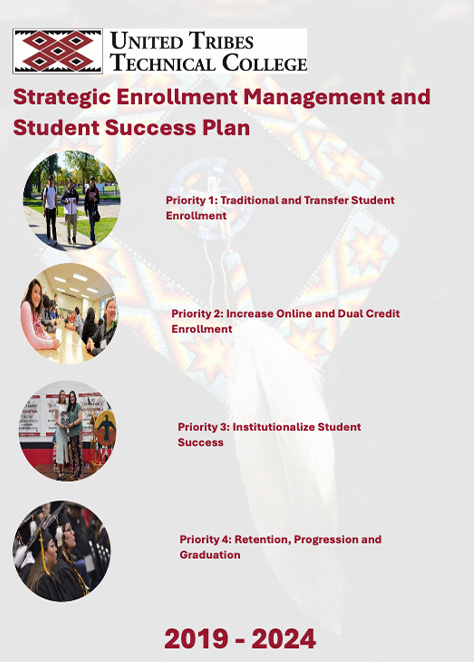
United Tribes Technical College

Salish Kootenai College
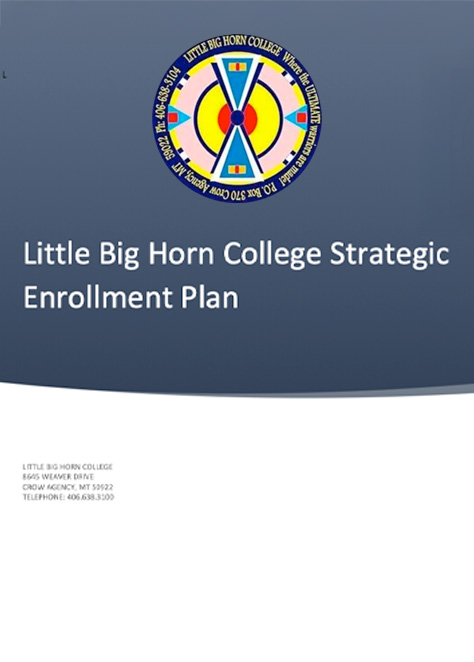
Little Big Horn College
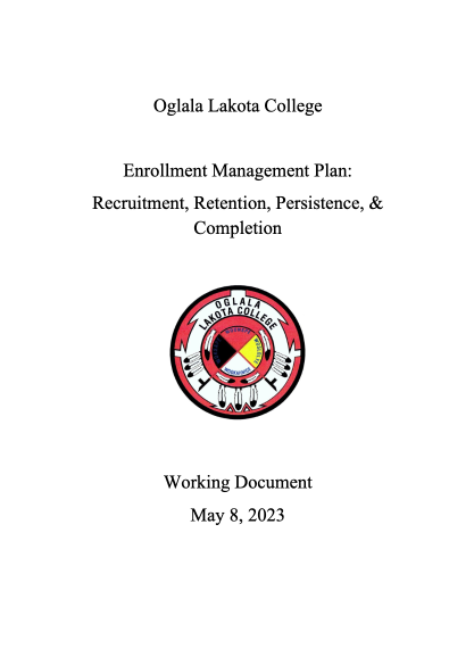
Oglala Lakota College
Best Practices
Participating Tribal Colleges
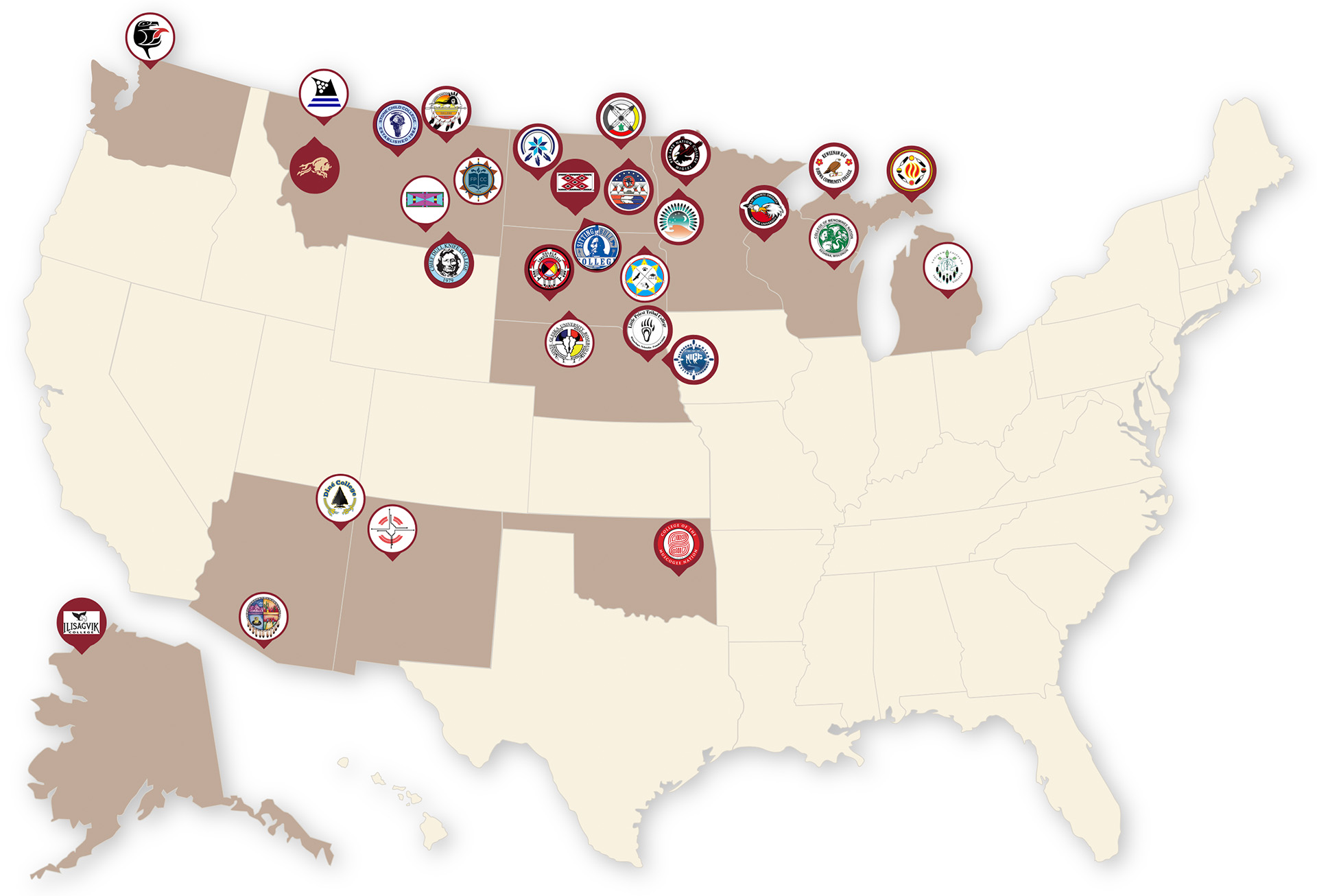
- Red Lake Nation College
- Saginaw Chippewa Tribal College
- Salish Kootenai College*
- Sinte Gleska University
- Sisseton Wahpeton College
- Sitting Bull College
- Stone Child College*
- Tohono O’odham Community College
- Turtle Mountain Community College
- United Tribes Technical College*
- White Earth Tribal and Community College
*Denotes SEM Mentor Colleges
An Indigenous Approach to Strategic Enrollment Management: The Native Student Journey at Tribal College and Universities
By Lisa Silverstein, Tiffany Gusbeth, and Jonathan Breaker
The Native student journey at tribal colleges and universities is imperative to impacting Native student success nationally. Through the Cultivating Native Student Success initiative, an Indigenous approach to strategic enrollment management (SEM) is considered in this publication by TCUs to broaden SEM practices across higher education. By Indigenizing SEM and building capacity centered on the unique cultural values inherent in tribal colleges and universities, we can increase American Indian and Alaska Natives visibility, representation, and degree attainment in higher education.
Meet the Team
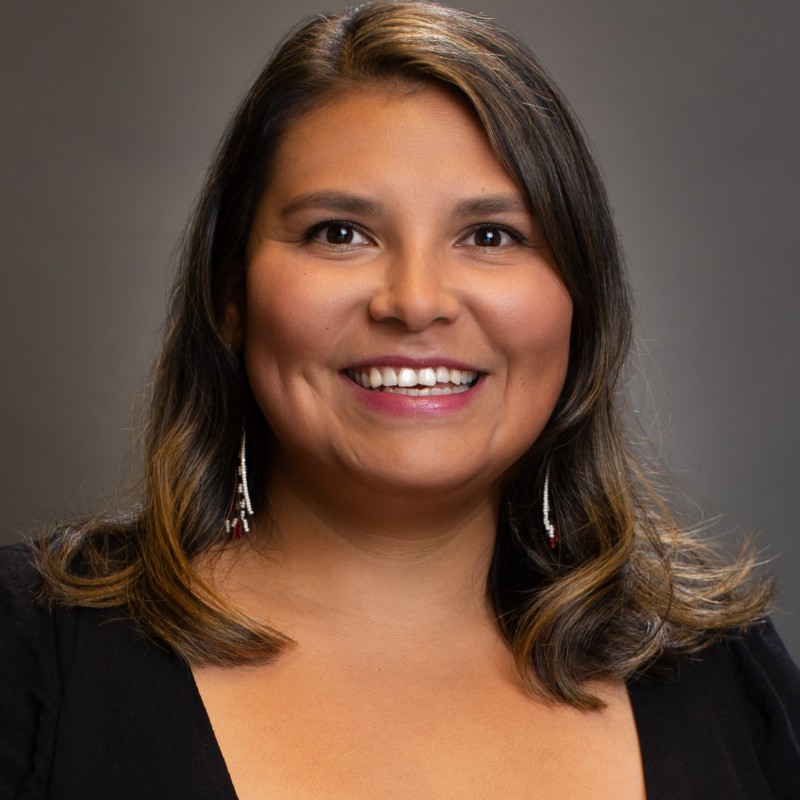
Tiffany Gusbeth
(Northern Cheyenne)
Vice President,
Student Success Services

Lisa Silverstein, Ph.D
Senior Program Officer,
TCU Capacity for Student Success
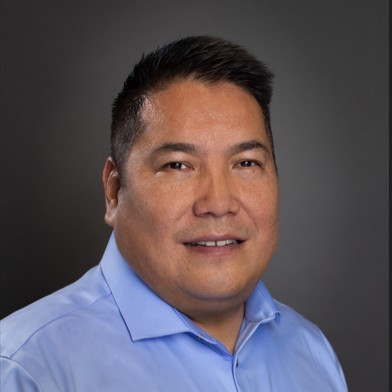
Jonathan Breaker
(Blackfoot and Cree)
Program Officer,
TCU Capacity for Student Success
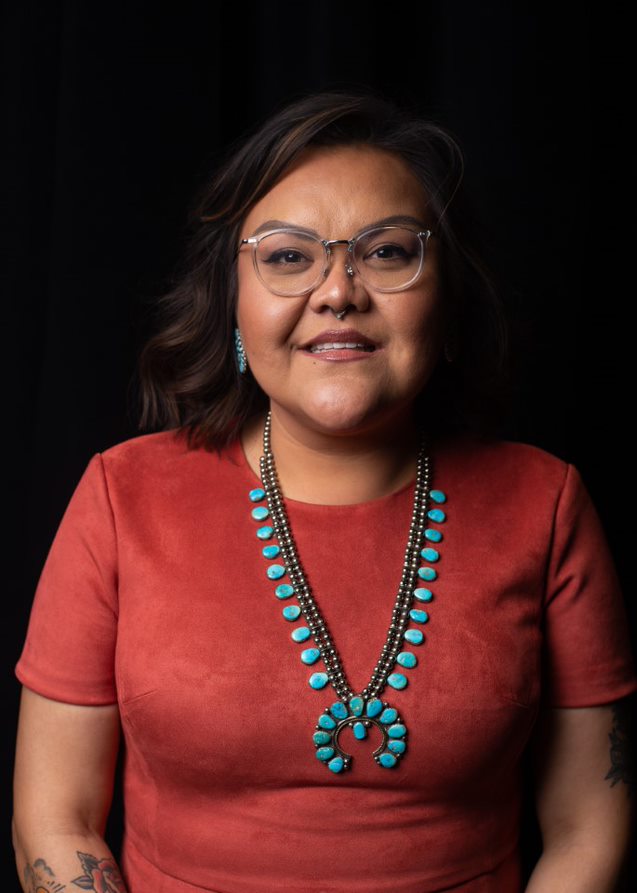
Delphina Thomas
(Diné)
Program Officer,
TCU Capacity for Student Success

Autumn White Eyes, EdM
Oglala, Lakota, and Ojibwe (Turtle Mountain)
Program Officer,
TCU Capacity for Student Success

Taylor Keplin
(Three Affiliated Tribes)
Program Coordinator,
TCU Student Success
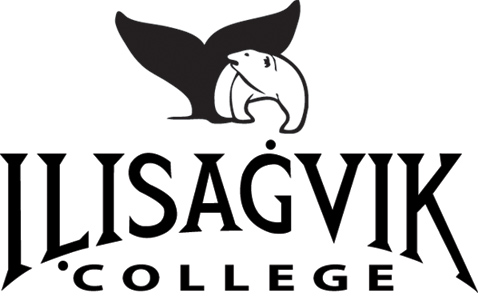
Ilisagvik College
Barrow, Alaska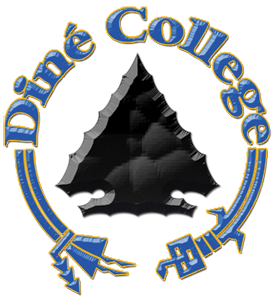
Dine College
Tsaile, Arizona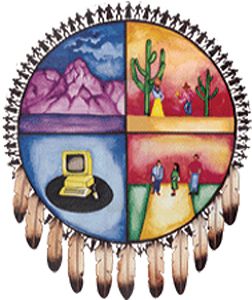
Tohono Oodham Community College
Sells, Arizona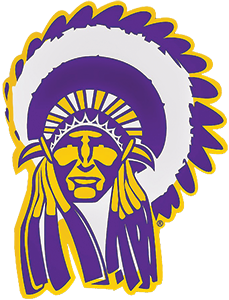
Haskell Indian Nations University
Lawrence, Kansas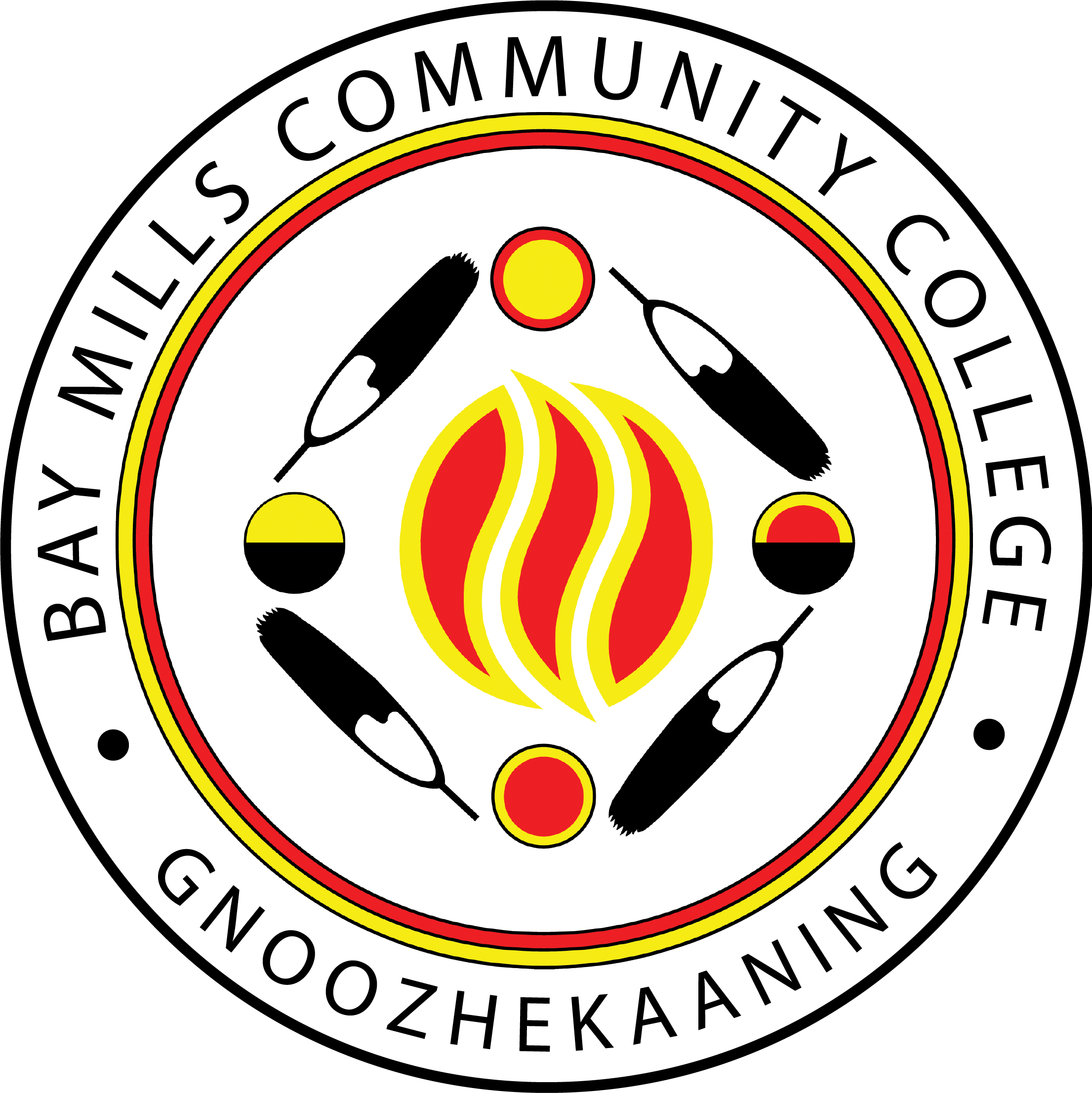
Bay Mills Community College
Brimley, Michigan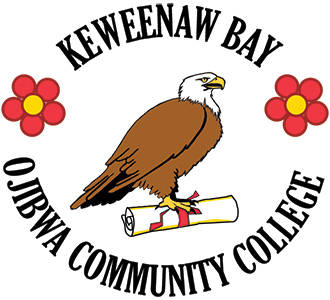
Keweenaw Bay Ojibwa Community College
L’Anse, Michigan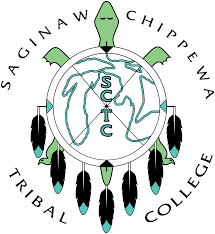
Saginaw Chippewa Tribal College
Mount Pleasant, Michigan
Fond du Lac Tribal and Community College
Cloquet, MN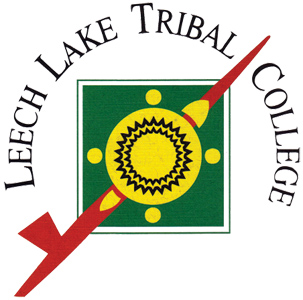
Leech Lake Tribal College
Cass Lake, Minnesota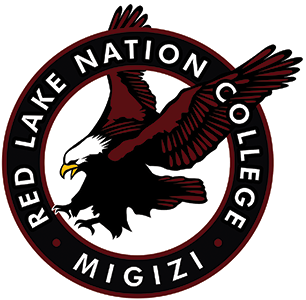
Red Lake Nation College
Red Lake, Minnesota
White Earth Tribal and Community College
Mahnomen, Minnesota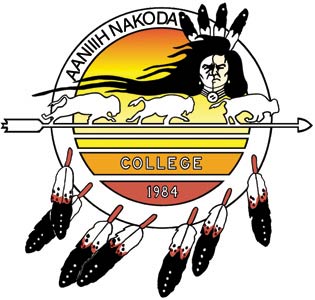
Aaniiih Nakoda College
Harlem, Montana
Blackfeet Community College
Browning, Montana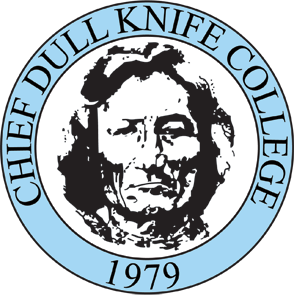
Chief Dull Knife College
Lame Deer, Montana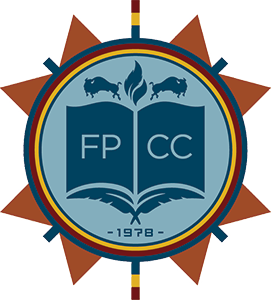
Fort Peck Community College
Poplar, Montana
Little Big Horn College
Crow Agency, Montana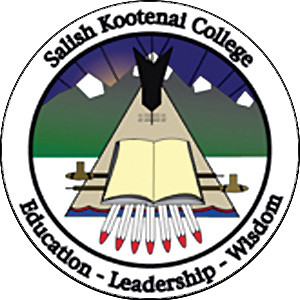
Salish Kootenai College
Pablo, Montana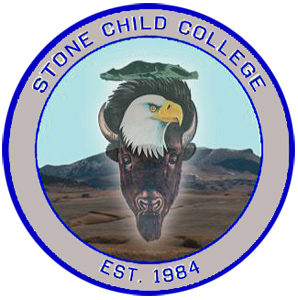
Stone Child College
Box Elder, Montana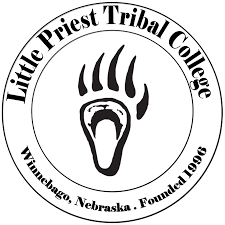
Little Priest Tribal College
Winnebago, Nebraska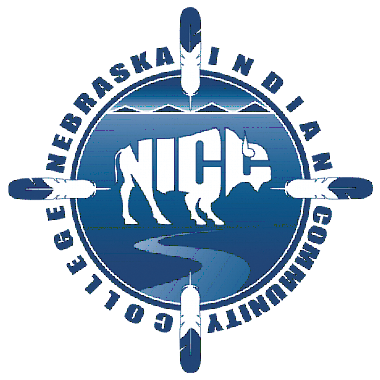
Nebraska Indian Community College
Macy, Nebraska
Institute of American Indian Arts
Santa Fe, New Mexico
Navajo Technical University
Crownpoint, New Mexico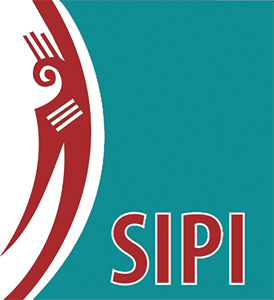
Southwestern Indian Polytechnic Institute
Albuquerque, New Mexico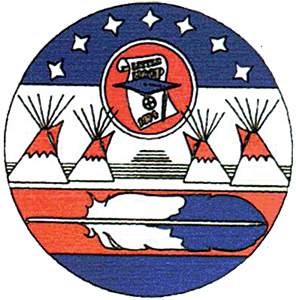
Cankdeska Cikana Community College
Fort Totten, North Dakota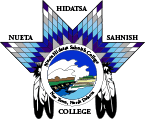
Nueta Hidatsa Sahnish College
New Town, North Dakota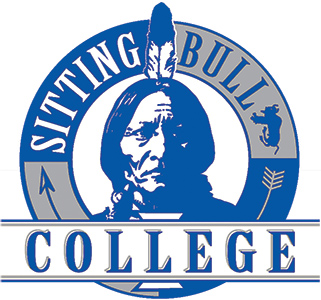
Sitting Bull College
Fort Yates, North Dakota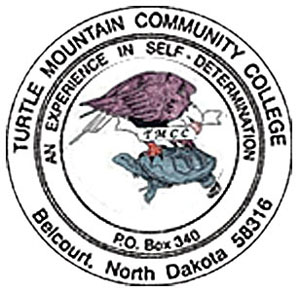
Turtle Mountain Community College
Belcourt, North Dakota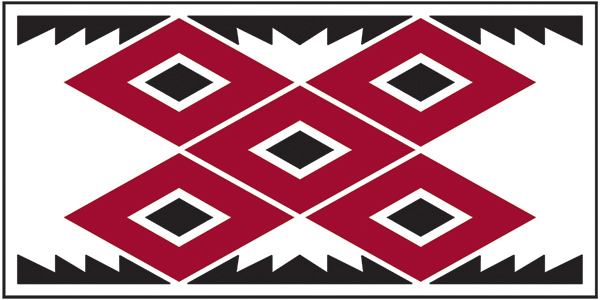
United Tribes Technical College
Bismarck, North Dakota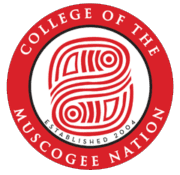
College of the Muscogee Nation
Okmulgee, Oklahoma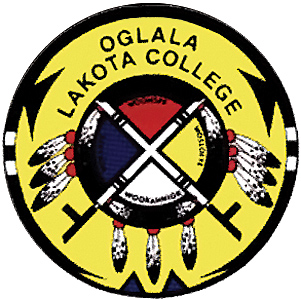
Oglala Lakota College
Kyle, South Dakota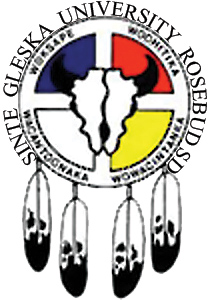
Sinte Gleska University
Mission, South Dakota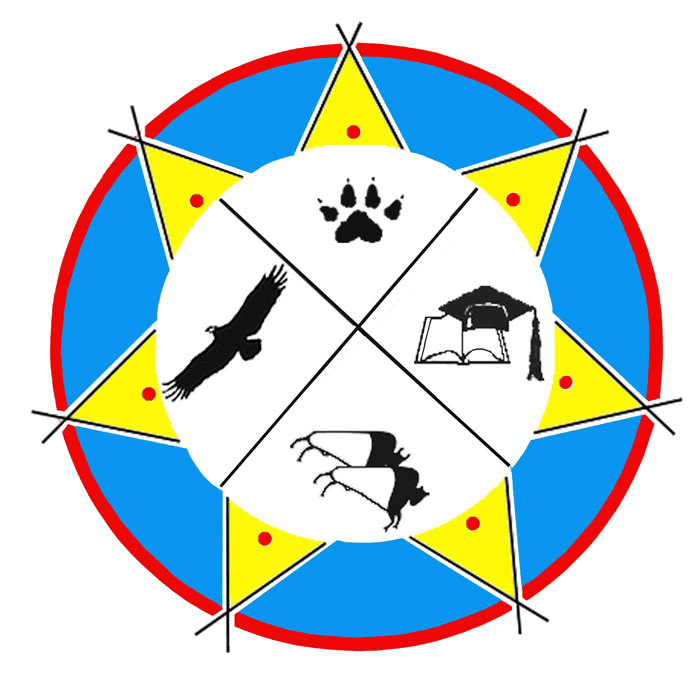
Sisseton Wahpeton College
Sisseton, South Dakota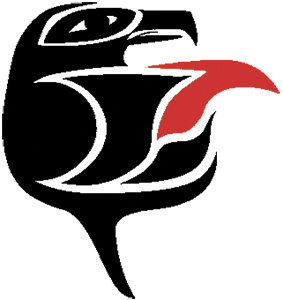
Northwest Indian College, Bellingham
Bellingham, Washington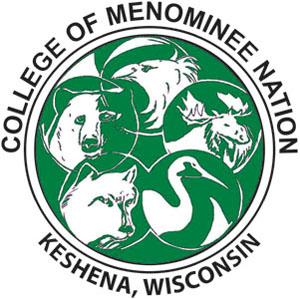
College of Menominee Nation
Keshena, Wisconsin